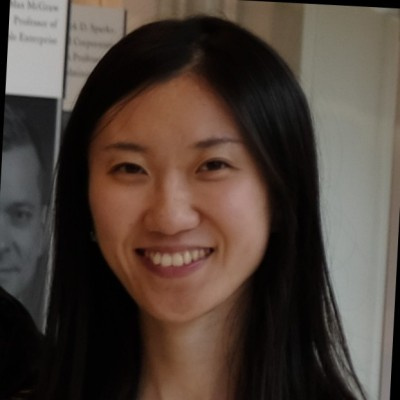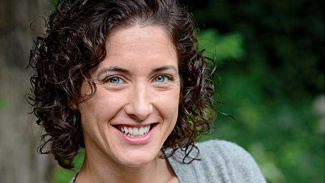
Over the course of the five-year doctoral program focused on strategy, you’ll explore how companies develop and sustain competitive advantage as you prepare for a faculty position at a top university. Gain interdisciplinary insights to enhance your research, working collaboratively with renowned faculty within Ross and across the University of Michigan.

Strategy PhD Students
PhD students in the Michigan Ross Strategy Area are trained in rich, interdisciplinary theories and rigorous empirical methods for understanding why businesses behave as they do and what the consequences of those behaviors are for society.
As a PhD student in strategy, you will take two years, or four to five terms, to complete the 16 to 20 course requirements. Courses, some of which are taken outside Michigan Ross, include:
- Economics, organizational theory, psychology, sociology, or decision science (5–6 courses)
- Methods (5–6 courses)
- Strategy applications (6 doctoral seminars, plus seminars in related areas)
You are expected to complete a research paper by your third year in the program.
You are expected to take a Preliminary Exam by the end of the summer of your second year. You will qualify for candidacy after you have successfully completed all coursework, passed the Preliminary Exam, and completed your research paper. The remainder of the program is devoted to the dissertation.
For detailed information about the Strategy Area's Program Structure, please refer to Strategy Area PhD guidelines.
Michigan Ross strategy faculty include some of the world's foremost business thinkers and innovative practitioners who focus on issues of importance to global business strategy.
Learn more about the faculty and research contributions of the strategy area at Michigan Ross.
Pablo Sanz, 2024
IESE Business School
Hyuck David Chung, 2024
Gies College of Business at the University of Illinois at Urbana-Champaign
Yun Ha Cho, 2024
Indiana University, Kelley School of Business
Jusang Lee, Post Doc, 2024
Institute of Management and Organisation at USI Lugano
Reuben Hurst, 2023
University of Maryland
Diana Jue-Rajasingh, 2023
Rice University
Mana Heshmati, 2023
University of Washington
Christine Choi, 2022
University of North Carolina at Chapel Hill
Raji Kunapuli, 2021
Southwestern University
Cha Li, 2021
University of Texas at Austin
Harsh Ketkar, 2020
Bocconi University
Saerom (Ronnie) Lee, 2020
University of Pennsylvania
Casidhe Horan, 2018
London Business School
Gareth Keeves, 2018
Startup founder & CEO; University of Michigan (lecturer)
Sara Ryoo, 2018
SUNY Binghamton
Guy Shani, 2017
Michigan State
Heewon Chae, 2016
Arizona State
Gainluigi Giustiziero, 2015
SKEMA Business School
Heeyon Kim, 2014
National University of Singapore
Join the next generation of scholars preparing to solve the complex issues facing the strategy field.

JT Gardner
[email protected]

Eklovya Jain
[email protected]

Kyle McCullers
[email protected]

Brenda Myung
[email protected]

Yein Shin
[email protected]

Aseem Sinha
[email protected]

Akshaya Varghese
[email protected]

Alice (Can) Wang
[email protected]











